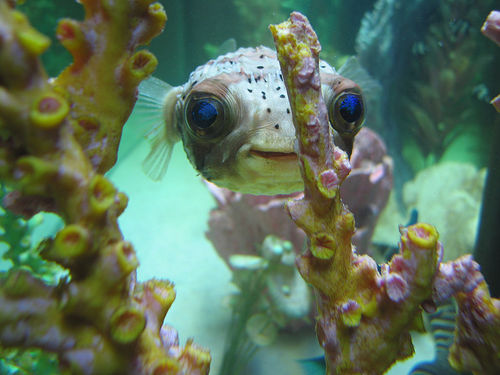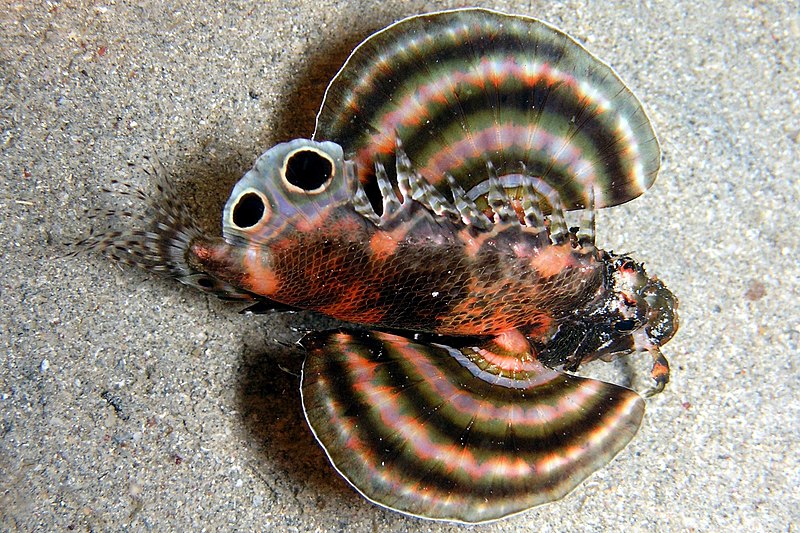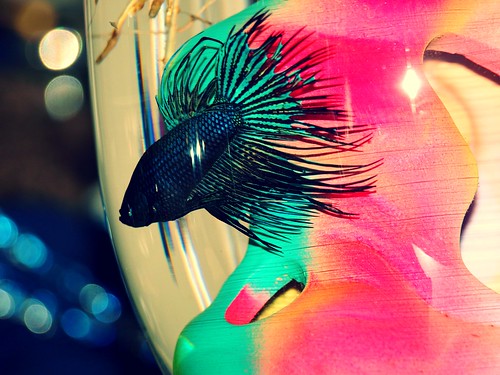Reverse Osmosis is a separation process that uses your household water pressure to force water (a solvent) through a membrane filter that retains the waste or solute on one side of the filtration process and allows pure water to pass through to the other side. Among other things, Reverse Osmosis is used for drinking water in homes and restaurants, but it is also one of the most important advances in our aquariums’ success, especially in Reef Ocean Systems!


- Manifold Reverse Osmosis Water Treatment System
- 5 Stage Reverse Osmosis Undersink Water Filter System 50 GPD With Storage Tank
Ever wonder why your friend's fish tank is cleaner than yours? Or how come you have to clean twice as much as him when you both use the same products and have the same kind of fish? It's probably because he is using some type of water filter but not just any kind - it's most likely a reverse osmosis (ro) system. A reverse osmosis system will remove a very good majority of impurities out of the water. Impurities like phosphates, nitrates, and heavy metals exist in most water sources even in bottled water.
Many tap water sources contains phosphates and nitrates which is the main food source for algae. When there is an abundance of these elements, algae will tend to grow very rapidly and stick to your glass making you spend your valuable time on cleaning the glass. Copper is another notorious element found in tap water which comes from the copper plumbing. Copper is can be very toxic to invertebrates and should be removed quickly to prevent any illnesses or unfortunate deaths within your aquarium. The best way to combat these impurities is by using a reverse osmosis system coupled with a mixed bed deionization (DI) filter. A reverse osmosis filter alone will remove about 95-98% of the impurities and the mixed bed DI filter will catch anything that is left behind. Together both will remove about 99.9% of impurities.
Another related problem to untreated water is the effects of pH conditioners. With untreated water, pH conditioners tend to be less effective due to the amount of impurities in the water. Reverse osmosis (ro) water coupled with mixed bed DI filtration will typically have nero zero TDS (total dissolved solids) in the water making it much easier for you to pH balance. With RO/DI water, you will be able to use less pH conditioners and minerals for pH balancing than with untreated water.
It requires very little maintenance and will help with saving time and costs. When the filters for the filtration system is serviced regularly, the costs in the long run outweigh any short term immediate bandage. Almost any standard reverse osmosis system on the market can be turned into an aquarium ready system simply by adding a mixed bed di filter. So join your friend and try using a reverse osmosis system with a DI filter. You will be surprised at the quality of water that you get.














